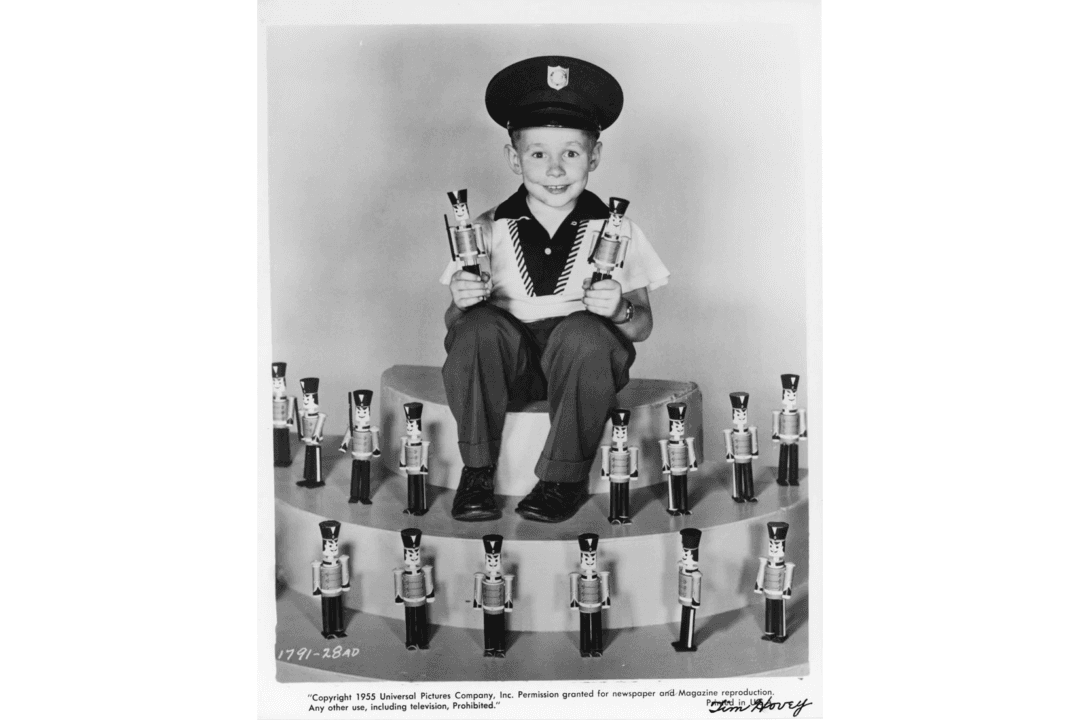NR | 1h 45m | Comedy | 1955
Joe Connelly and Bob Mosher probably wrote their screenplay for laughs, but the Academy of Motion Picture Arts and Sciences were serious when they nominated it for an Oscar for Best Story.

NR | 1h 45m | Comedy | 1955
Joe Connelly and Bob Mosher probably wrote their screenplay for laughs, but the Academy of Motion Picture Arts and Sciences were serious when they nominated it for an Oscar for Best Story.